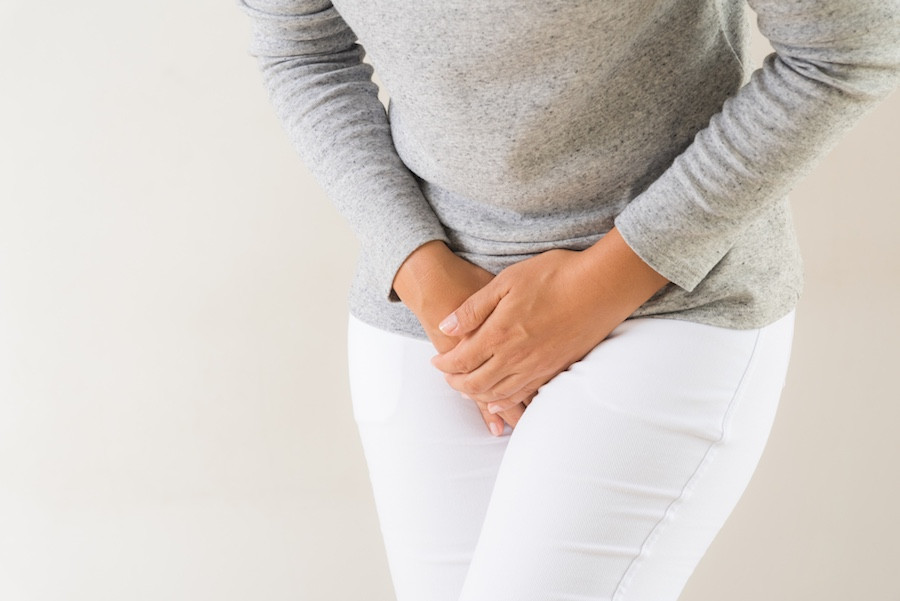Bladder health isn’t a popular topic of conversation. However, maintaining a healthy bladder is an important aspect of enjoying overall health and optimal quality of life. There are a variety of issues that may impact bladder health, as well as specific steps you can take to help yours function at its best.
A Common Concern
Urological issues—those affecting the bladder and other parts of the urinary tract system—are more common than you may think. Consider a few statistics from the American Urological Association (AUA) regarding bladder health in our country:
- Bladder diseases and related conditions cost $70 billion annually.
- More than 33 million adults have overactive bladder disease (OAB).
- An estimated one-third of American adults ages 40 and over report urinary incontinence at least “sometimes”—yet less than half seek treatment. Of those who do, a majority wait more than a year to get help. Reasons cited for not seeking help? The “belief that bladder problems are untreatable, natural consequences of aging, and are hygiene problems rather than treatable medical concerns.”
- There are over eight million healthcare provider visits each year for urinary tract infections (UTI). In vulnerable populations—such as the elderly or those with neurological conditions—UTIs can lead to urosepsis and death if not treated promptly.
- More than 575,000 individuals currently live with bladder cancer; an estimated 77,000 are diagnosed with this disease each year; and an estimated 16,400 people will die from it.
10 Tips For Keeping Your Bladder Healthy
Statistics such as these underline the importance of a healthy bladder. Although many individuals suffer in silence, the good news is that there are effective medical treatments available—as well as steps you can take to promote your own bladder health:
- 1. Drink up! Consuming the right amount of fluid each day is essential to bladder health—especially if it’s water. The recommended amount is six to eight 8-ounce glasses of fluid each day, with at least half being water. If you have other health issues, check with your healthcare provider about the right amount for you.
- 2. Cut down on alcohol and caffeine. Both may negatively affect your bladder in a variety of ways.
- 3. Quit smoking. It’s bad for your overall health and smokers are two to five times more likely to get bladder cancer.
- 4. Be regular. Constipation can contribute to bladder issues, so take steps to prevent it—like eating plenty of high-fiber foods, drinking enough water, and exercising regularly.
- 5. Be fit. That includes maintaining a healthy weight and using regular exercise to do it. Both are good for bladder and overall health.
- 6. Kegel daily. Pelvic floor exercises—also known as Kegel exercises—strengthen the muscles that help to hold urine in the bladder.
- 7. Make it a regular trip. Holding urine in your bladder for too long can weaken bladder muscles and contribute to bladder infections.
- 8. Don’t rush—and relax. Take your time when urinating to allow your bladder to fully empty. Sit down and allow your bladder muscles to relax.
- 9. Maintain good hygiene. Keep things clean and dry down there, but not too clean… avoid douching and harsh soaps which can kill normal healthy bacteria.
- 10. Practice Safe Sex. Use natural lubricants like olive oil to avoid eliminating normal healthy genital bacteria.
If you are experiencing issues with the health of your bladder, one of the most important things to remember is that you are not alone. These conditions are very common and can often be treated effectively.


